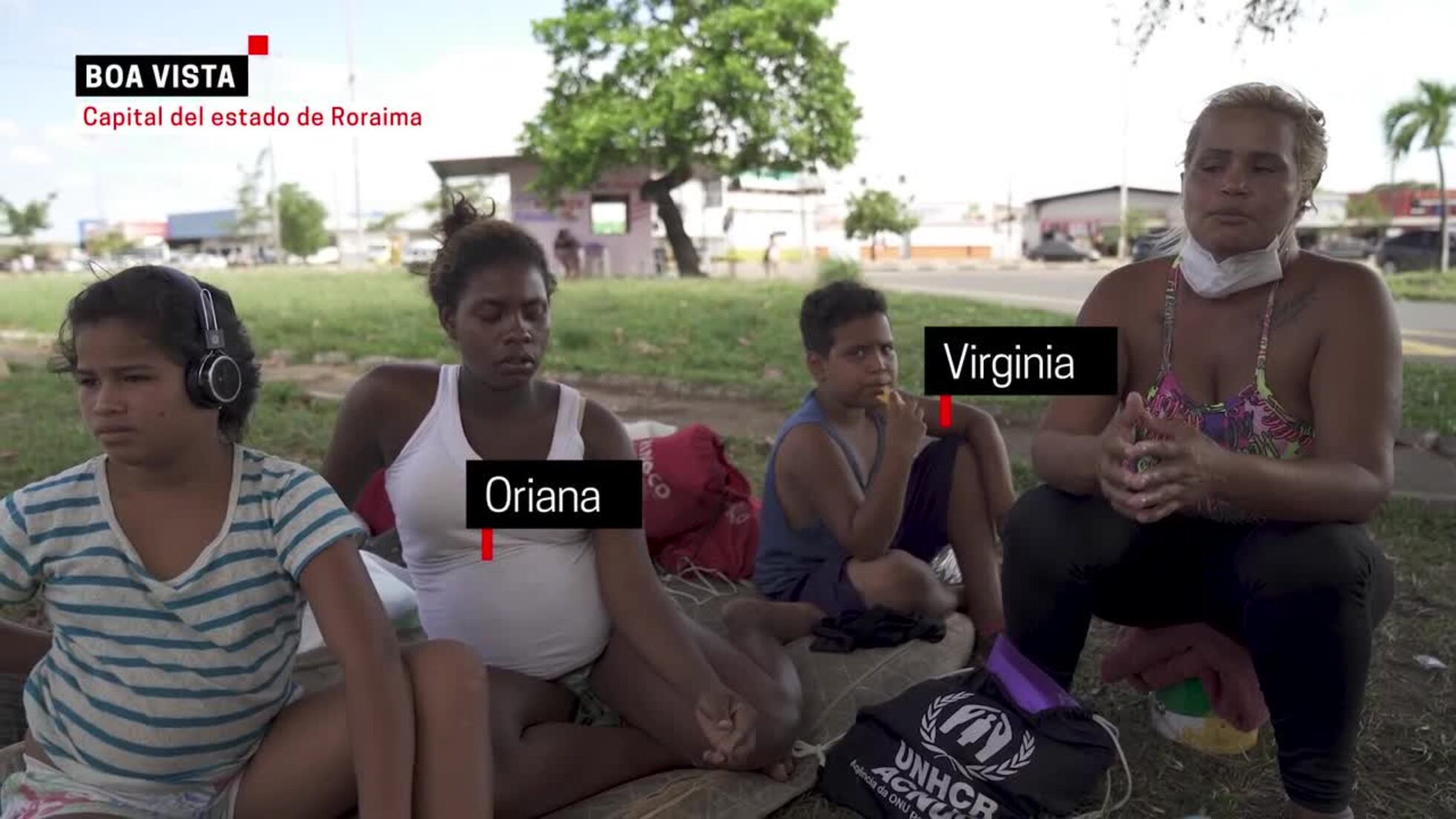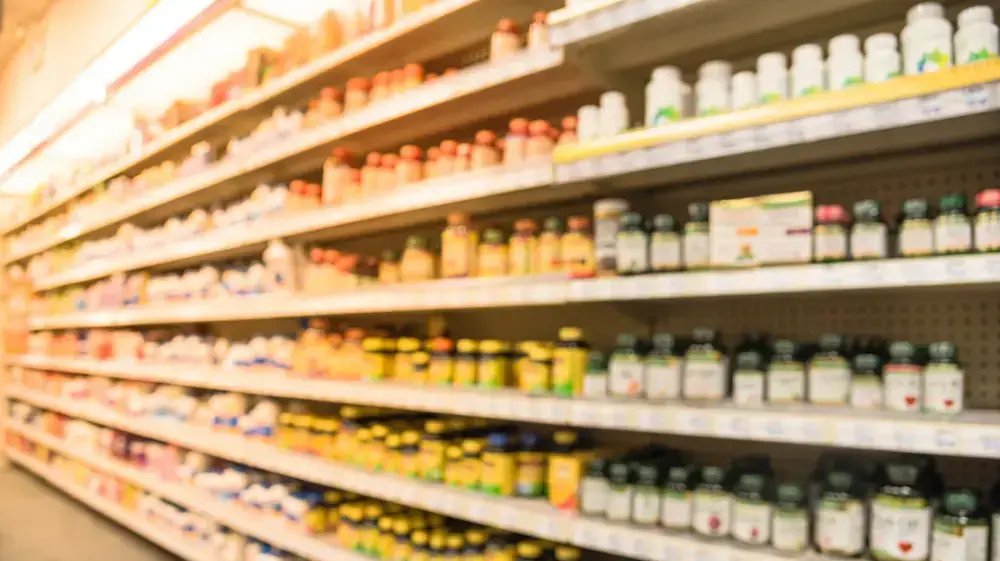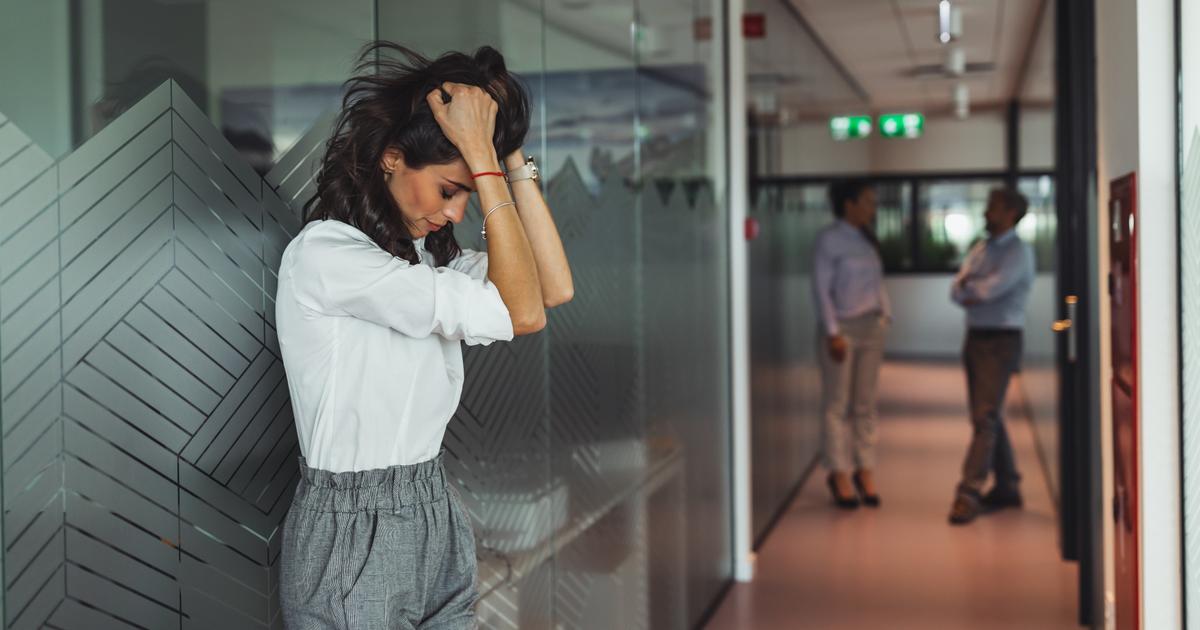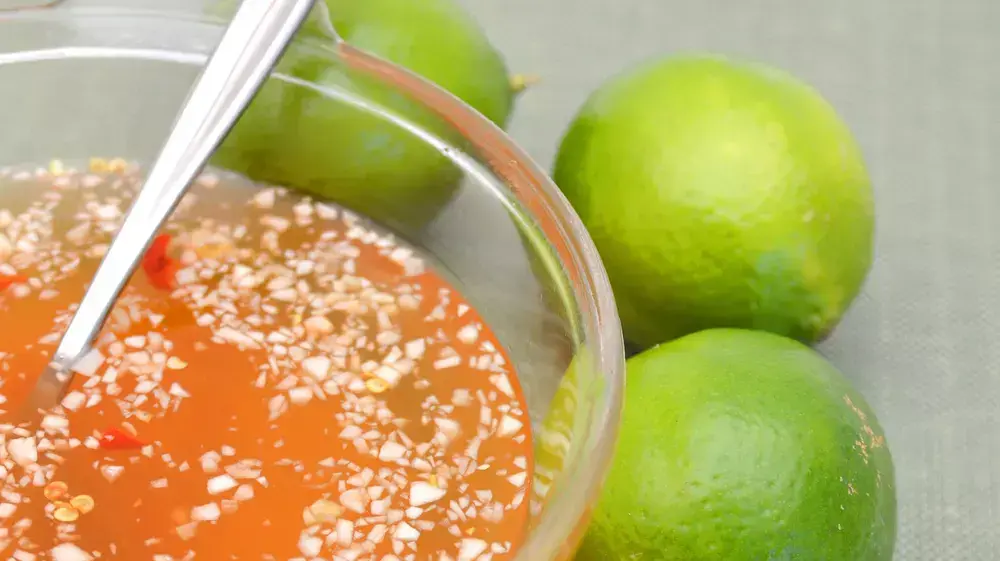After months locked up due to covid-19, last June Brazil issued an ordinance through which it partially reopened its border with Venezuela.
From that moment, according to the UN Refugee Agency (UNHCR), "the exceptional entry into Brazilian territory, for humanitarian reasons, of Venezuelans and habitual residents of Venezuela affected by the crisis" was allowed in that country and also “The migratory regularization of Venezuelans and habitual residents of Venezuela who entered Brazil irregularly during the pandemic, that is, as of March 18, 2020,” was authorized.
PHOTO GALLERY
The troubles of Venezuela in exile
Although things might seem very simple on paper, the reality that we see every day on the ground is very worrying: until the end of last year, thousands of Venezuelans lived on the streets in the Brazilian state of Roraima, with great difficulty accessing to Health and other basic resources.
And, although at the beginning of 2022 the majority had been able to find some type of accommodation, either in informal occupations or in official shelters that finally increased their capacity, the situation remains very precarious.
Now people no longer sleep out in the open, but the problems continue: the migrants barely leave the shelters because they are afraid of suffering some kind of aggression in the streets, which has meant that, for a month, many people They stopped going to the doctors.
Pacaraima, where I am, is a town of 20,000 inhabitants in the north of Roraima.
It is the point of entry into Brazil for Venezuelan migrants who cross the border every day.
In the most intense moment, between October and November of last year, every day some 500 people made the trip through improvised paths called "trochas", while the migration office of this small border city only processed 65 requests for regularization. each day.
According to the International Organization for Migration (IOM), in October of last year more than 3,000 Venezuelans were living on the streets of this city, no less than 15% of its population, which shows the dimension of the problem.
They all arrive with the hope of finding better living conditions and of being able to give their families some security.
01:15
When dating is the last resort - Oriana and Virginia |
future planet
Oriana and Virginia, Venezuelan migrants, give their testimony in November 2021. Video: Mariana Abdalla (MSF)
As I said before, the situation improved slightly from December: the streets were practically empty, with migrants desperately seeking shelter for fear of violence.
In addition, when we began to approach the dates of the end of the year holidays, the movement at the border was reduced quite a bit, something that usually always happens at this time.
However, we are aware that this break is just a dead calm.
In the coming months we will have a clearer picture of how things are evolving and, in fact, we are already preparing for a new increase in demand for our services.
People come with high hopes, but when they get here, most have to face a difficult reality.
They usually stay in Pacaraima until their regularization application is processed, and this is something that can take many weeks and even months.
The health system is very weak and does not have the necessary resources to provide adequate care.
According to Brazilian law, every person has the right to access public health services, no matter what state their immigration process is in, but the reality is that, even with this right, health care in Roraima is They are overwhelmed and cannot cope with all the medical needs.
To try to alleviate this situation, our teams are offering primary, sexual and reproductive health care, as well as mental health care, in the cities of Pacaraima and Boa Vista. From January to October of last year, we treated a total of 37,517 patients through our mobile clinics.
Almost half of all the consultations that we carried out in the first nine months of the year were made from July to October, coinciding with the partial reopening of the border.
Most of the cases we attend are for respiratory infections and gynecological emergencies, but where we are seeing figures that are really worrying is in regard to the mental health of those who come to our clinics: our teams have identified symptoms of depression, anxiety and stress acute in 69% of patients.
And the main causes of these symptoms are displacement, family separation, having had to walk long distances in a very precarious situation and having had to face multiple situations of violence.
01:39
When going out is the last resort - Victor and Alejandro |
future planet
Víctor and Alejandro, Venezuelan migrants, give their testimony in November 2021. Video: Mariana Abdalla (MSF)
When people arrive and see us, the first thing they ask us is about the health resources we can offer them and how they can access them.
They are in a country with a different culture and language and have to deal with multiple barriers in order to understand how they work and how to access them.
Our teams also carry out health promotion activities, focusing above all on sexual and reproductive health.
We also explain how to access Health in Brazil, which, although overloaded, should be available to them.
“When I arrived, two years ago, there weren't as many people as there are now,” said Alejandra, one of our patients.
"When we first arrived, it was relatively easy to make an appointment with the doctor, but now that's not the case."
“I was able to bring my daughter from Venezuela a couple of months ago, but her migration process is not yet complete and every time we go to see how they are doing, the office is full and we cannot get help,” she explained.
01:38
When dating is the last resort - Maria |
future planet
María, a Venezuelan migrant, gives her testimony in November 2021. Video: Mariana Abdalla (MSF)
Despite the great precariousness with which they have to live in Pacaraima, migrants and asylum seekers say, almost unanimously, that they prefer the precarious situation they live in Brazil to having to stay in Venezuela. "When I got here, I slept on the floor on a box, and that was better than being in Venezuela," Alejandra assured.
Our patients tell us that migrating was not part of their life plan, that they considered it a last resort to escape the social, financial and food insecurity of their country of origin. And everyone, absolutely everyone, confesses that during the journey that has brought them here they have gone hungry and have had to face various dangers. A few weeks ago, a child who participated in a mental health session drew a picture of a street. We asked him what the meaning was and he simply replied that he had been traveling, walking or hitchhiking for many weeks, but always on the street; the street has had a profound impact on him.
Their stories, despite the fact that in many cases they have a background of hope, recount the harshness of the situations they have had to overcome to get here.
And their lives now, surviving precariously and waiting for their requests to be resolved, are not easy either.
Elena Graglia
is the medical coordinator for Doctors Without Borders in Roraima.
You can follow PLANETA FUTURO on
,
and
, and subscribe
to our 'newsletter'
here
.









